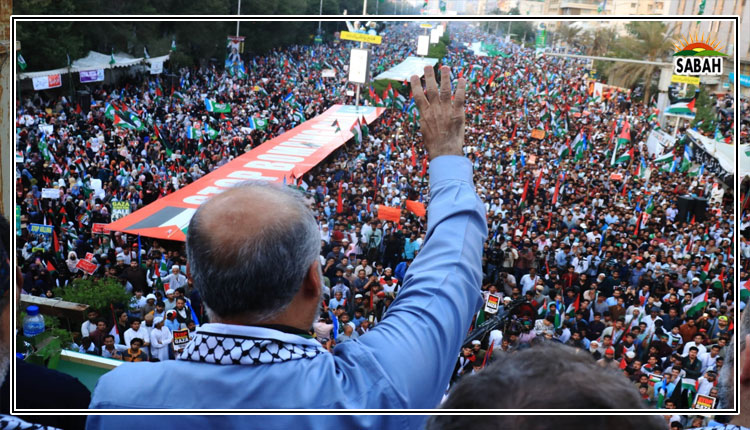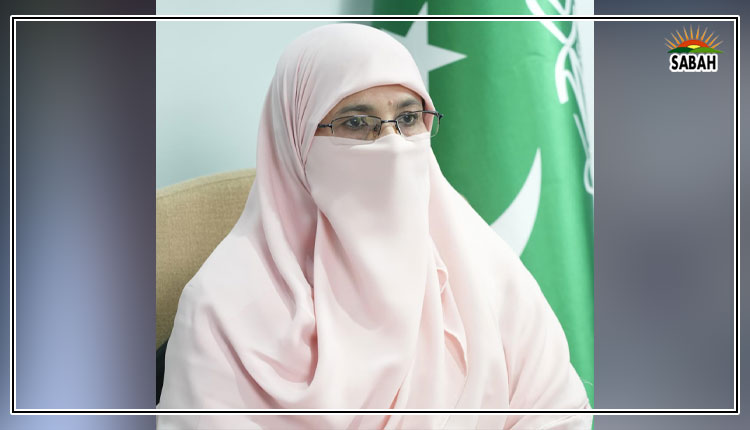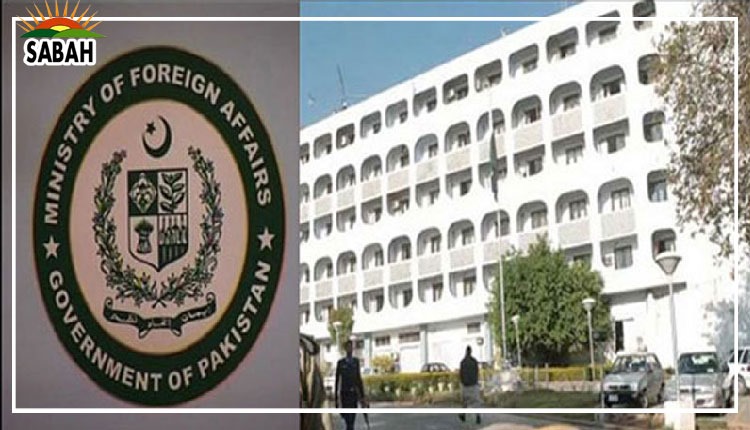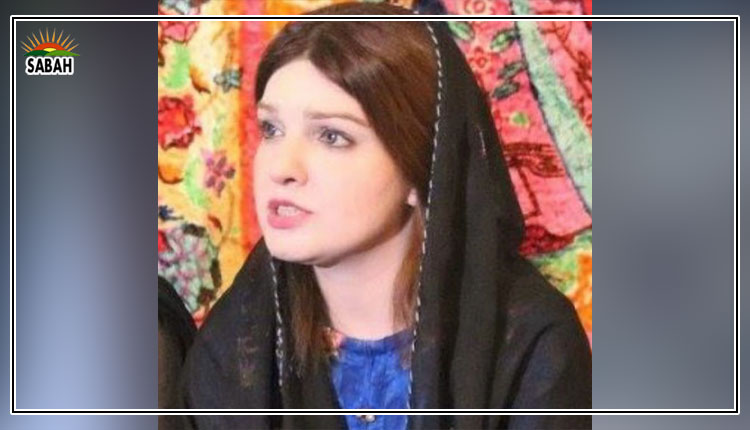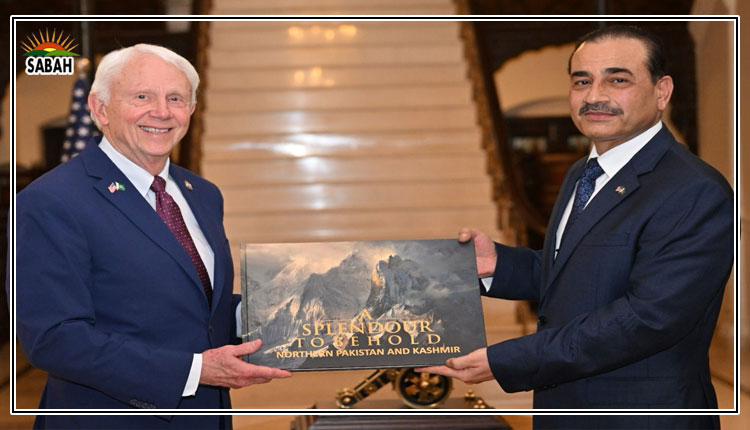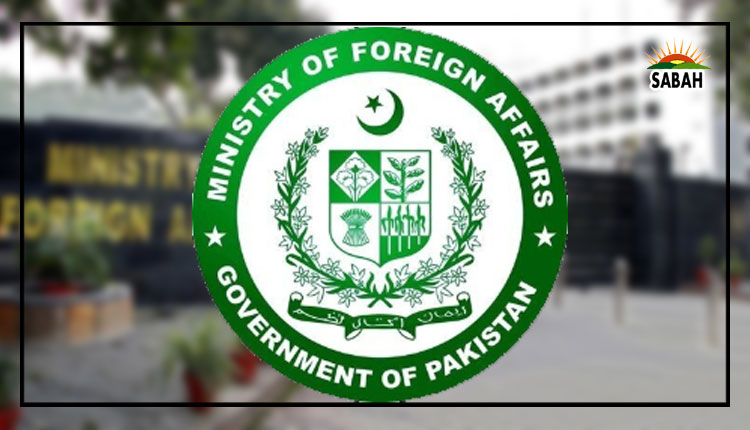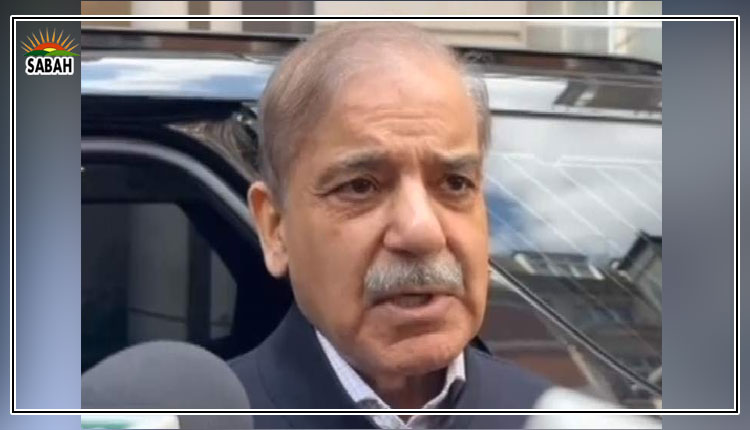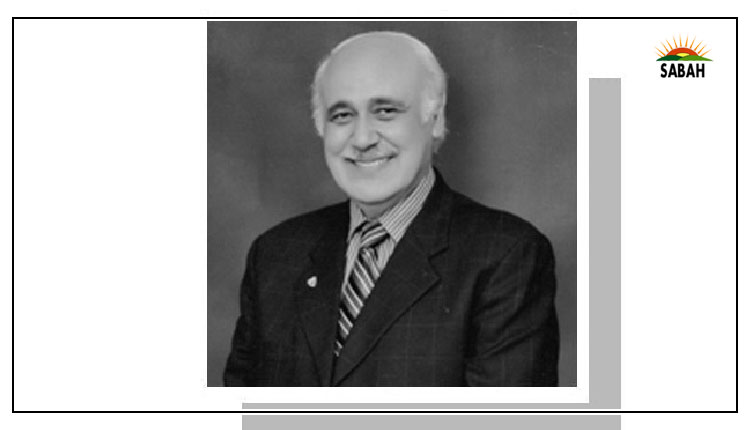Baying at the moon…F.S. Aijazuddin
THE New Year was invented for those who need a day to bury wasted dreams. Each year, January heralds hope and then every December ends shrouded in a winter of disappointment. The year 2023 is no different.
Today, the international community stands polarised as never before. The schism between the West and the East, the divide between civic freedoms and authoritarian oppression, the chasm between human rights and unethical wrongs have deepened immeasurably.
Communities have been called upon to take sides for the Stars and Stripes and its 51st star (the Star of David), or against them. For or against genocide. In todays inversion of the Holocaust, this quotation seems cruelly apt: Our strength lies in our intensive attacks, and our barbarity. After all, who today remembers the genocide of the Armenians? That voice was Adolf Hitlers.
Against this backdrop of international strife, four crucial elections are scheduled to be held in 2024. In the United States, the presidential elections could bring a vengeful Donald Trump back into the White House. In Russia, Vladimir Putin has announced that he intends to stand for reelection in 2024. When (not if) he wins, he will become the longest Russian ruler since Josef Stalin.
We stand polarised as never before.
In India, Narendra Modi has every intention of winning a third term as prime minister in 2024. Mani Shankar Aiyar (a Congressite opponent of Modis) has admitted that the Democratic Alliance led by Modis Bharatiya Janata Party has an 80 per cent chance of returning to power.
Aiyar gives his own team the Indian National Developmental Inclusive Alliance a 20pc chance. INDIA is a recently formed compression of 28 political parties, led by the Gandhi-led Indian National Congress. Its pointed objective is to topple Modis government.
In 1977, a similar coalition (the Janata alliance) was cobbled together by disparate parties under Morarji Desai. Its aim was to dislodge the then unpopular prime minister Indira Gandhi. The Janata alliance succeeded; the INDIA alliance will not as it has nothing to offer the Indian electorate other than a fourth generation Nehru/ Gandhi. Modi offers India the hubris of Hindutva and the headiness of hegemony.
Some believe that Modis re-election could reignite the embers that brightened Indo-Pak relations, following his spontaneous visit to Nawaz Sharifs home in Lahore in December 2015.
Nawaz Sharif declared that, if re-elected, he will persuade Modi to resume a dialogue between Islamabad and New Delhi more productive than the back channel which meets outside the subcontinent, and clucks eggless.
Sharif senior should recognise that Modi is not the man Modi was in 2014-15. Then, Modi was an inexperienced prime minister who needed to demonstrate that he could mature into a statesman. Since 2014, Modi has arrived, and so has his Bharat economically, strategically, and extra-terrestrially. Lord Krishna wanted the moon as his toy; India has landed on it.
A nuclear Pakistan may still possess the technology to be a plausible adversary, but can it afford to sustain its hostility? It is not a secret that every day it has to scrounge for money to buy aviation fuel for its national airline. Propelling a rocket to the moon is an expensive hobby. It requires more than petty cash.
Has Nawaz Sharif been assured and if so, by whom that his intended overtures to India will not be thwarted, yet again? This time he has no Clinton in the White House to rescue him from another Kargil.
More importantly, will Sharif be able to persuade PM Modi that the UN resolutions on Jammu & Kashmir are the precondition to any Indo-Pak talks?
After legislative approval by Indias parliament, the Indian supreme court decision on Dec 11 has given Modi the final benediction he needed. It has endorsed former PM I.K. Gujrals observation that the J&K issue stood resolved even as it began in 1948: We could not give it, and you cannot take it.
Why has the UN Security Council not found a voice to comment on (if not condemn) such a blatant repudiation of its authority by a country seeking to gain a seat on its Council? Perhaps its staff cannot trace moth-eaten UNSC Resolution 39 in its archives.
Many in Pakistan will cavil at Modis habitually unilateral policies. Much as they might wish it, Indias policies towards Pakistan are not determined by the latters expectations.
It is now 76 years since the divorce too long a time to still be arguing over alimony. Realism demands that we accept the bird in hand: integrate Azad Jammu & Kashmir and the northern areas we have, as we once did Bahawalpur, Khairpur, Makran, and Swat.
Baying at the moon for 76 years is not sound foreign policy.
Courtesy Dawn


